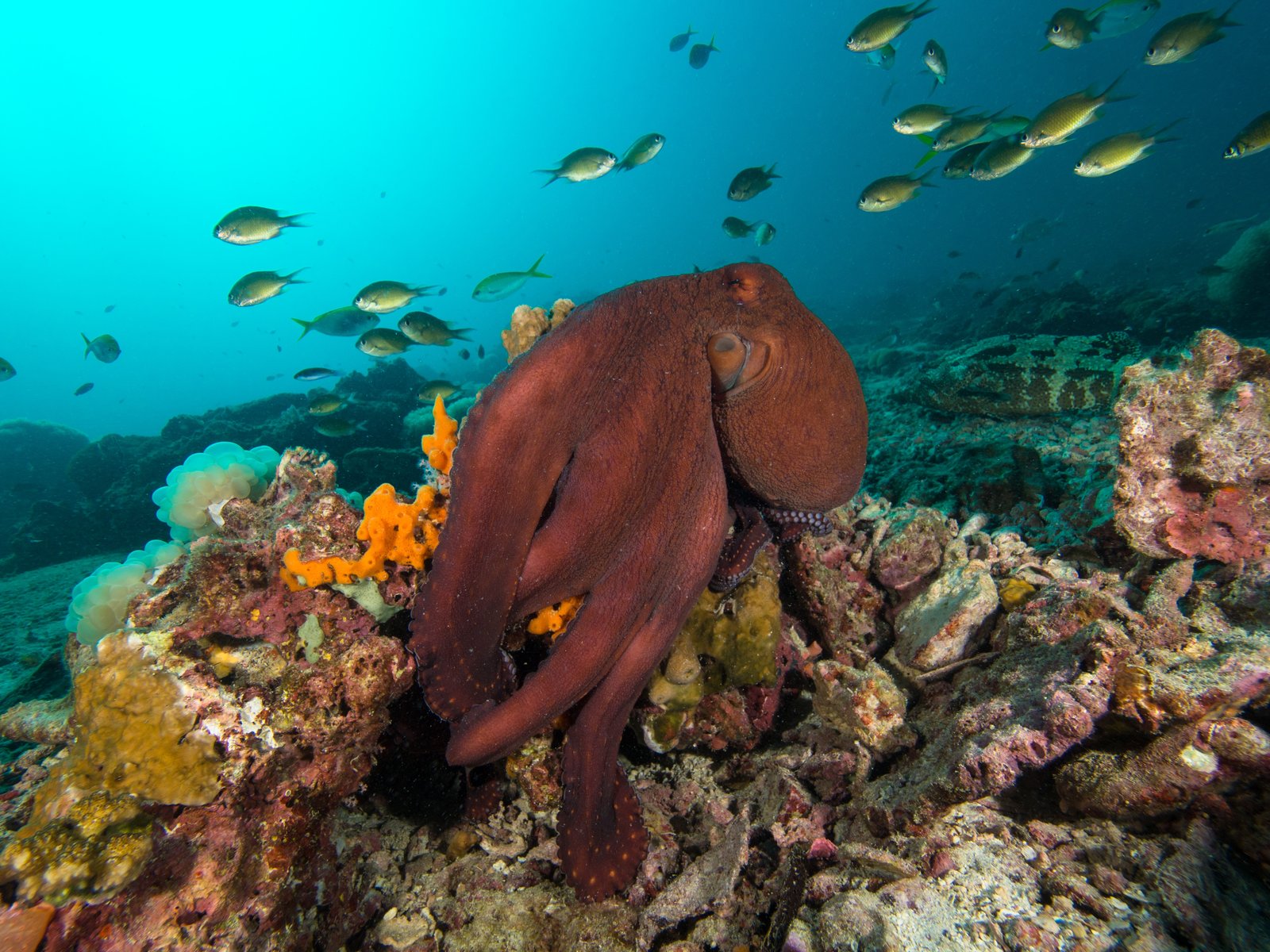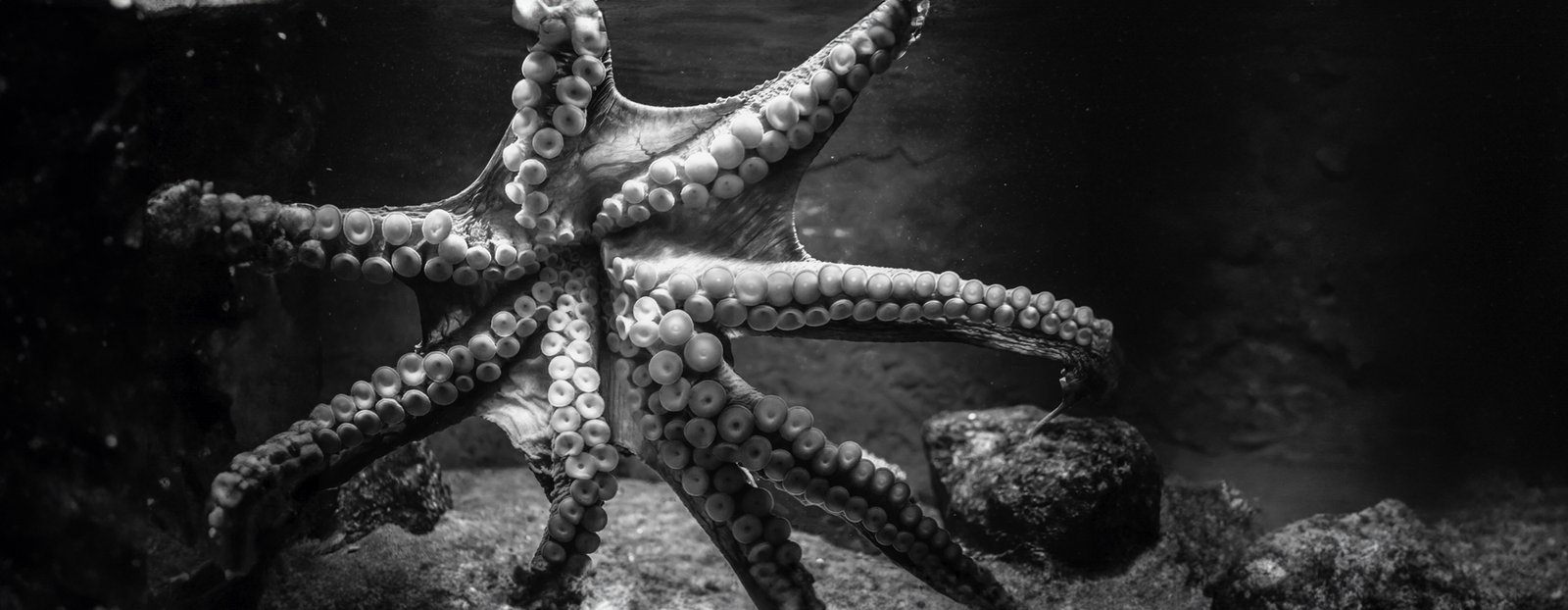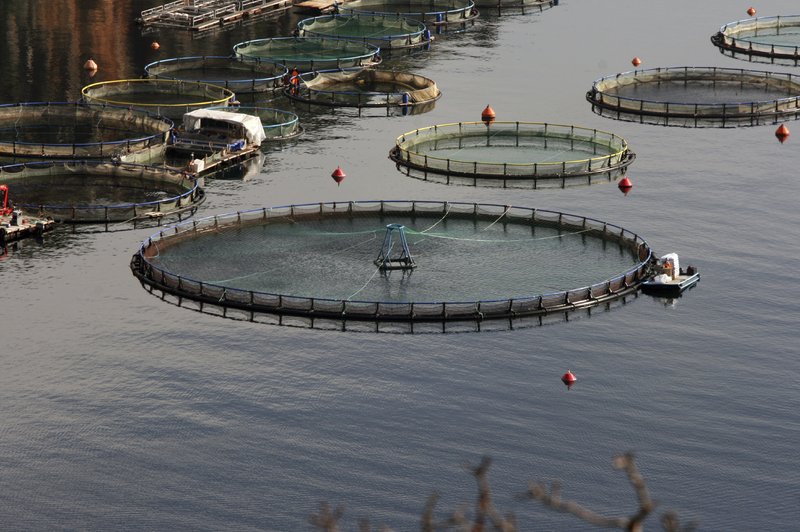Endorsers of Keep Them Wild
Organisations
Acción Océanos, Spain
Action for Dolphins, Australia
Action for Protection of Animals Africa, Kenya
AEL Advocacy, Canada
Angolan Vegetarian Association, Angola
Animal Action Greece, The UK
Animal Advocacy Careers, The US
Animal Interfaith Alliance, The UK
Animal Law Reform South Africa, South Africa
Animal Partisan, The US
Animal Protection Organization of Nigeria, NIgeria
Animal Rights Center Japan, Japan
Animal Welfare Institute, The US
Animal Welfare Observatory, Spain
Animals Aotearoa, New Zealand
Animals Don't Speak Human, Indonesia
AnimaNaturalis, Spain
Aquatic Animal Alliance, Mexico
Aquatic Life Institute, Italy
Arba, Perú
Asociación Empatía, Spain
Associazione Isole Sostenibili, Italy
Beauty Without Cruelty, South Africa
Better Food Foundation, The US
BLOOM, France
CAOPA, Senegal
Capital V, Portugal
Center for Biological Diversity, The US
Coalition for Fair Fisheries Arrangements, Belgium
Crustacean Compassion, The UK
Czarna Owca Pana Kota, Poland
DEPANA, Spain
Deutscher Tierschutzbund e.V., Germany
Dierenbescherming, Netherlands
Dierencoalitie, Netherlands
Dier&Recht foundation, Netherlands
Education for African Animals Welfare (EAAW), Tanzania
Eestimaa Loomakaitse Liit (Estonian Union for the Protection of Animals), Estonia
Elephant Matriarch Project, The US
Environmental and Animal Rights Consultants Pakistan, Pakistan
Essere Animali, Italy
Estonian Union for the Protection of Animals, Estonia
Ethical Farming Ireland, Ireland
Eurogroup for Animals, Belgium
FAADA (Fundación para el Asesoramiento y Acción en Defensa de los Animales), Spain
FAIRR Initiative, The UK
Farm Forward, The US
Fédération nationale des pêches, Mauritania
Fish Welfare Initiative, The US
Fondation Droit Animal (LFDA), France
Fundación Derecho y Defensa Animal, Chile
Fundación Veg / Veg Foundation, Chile
Frente Animal, Portugal
GAIA, Belgium
Generation Vegan, The US
Green REV Institute, Poland
Greenpeace Spain
Greenpeace Czechia
Greyton Farm Animal Sanctuary, South Africa
Indian Vegetarians and Vegans, The UK
INTERcids
International Council For Animal Welfare, The US
Knight Executive Research Ltd, The UK
KYMA sea conservation & research, Switzerland, Switzerland
Life of Pachamama, Colombia
L214
Mercy For Animals, The US
Międzynarodowy Ruch Na Rzecz Zwierząt - Viva!, Poland
Montreal SPCA, Canada
Nurture Imvelo Trust, Zimbawe
OneKind, Scotland
PACMA, Spain
Palm beach concervancy KZN RSA, South Africa
Pilgrim - Potulná univerzita přírody, Czechia
Planet For All, Hong Kong
Plant-Based Health Professionals UK
Positive Ripple Consulting, France
předseda ZO ČSOP Teplice – Fergunna, Czechia
Project 1882, Sweden
Protección Animal Ecuador , Ecuador
ProVeg UK
Proyecto ALA Animales Latino América, Colombia
Raíces & Brotes España- Institute Jane Goodall Spain
RENCTAS - Rede Nacional de Combate ao Tráfico de Animais Silvestres, Brazil
Rolava z.s., Czechia
SAFE - Save Animals from Exploitation, New Zealand
Sea First Foundation, Netherlands
Sea Shepherd Brazil
SeaLegacy, Canada
Seastemik, France
Sinergia Animal
Social Compassion in Legislation, The US
Stop Live Export South Africa , South Africa
Strategies for Ethical and Environmental Development , The US
Terranimal, Ecuador
The European Institute for Animal Law & Policy, Belgium
The Humane League US
The Humane League UK
The Shellfish Network, The UK
The Swedish Association for the Protection of Animals, Sweden
Think.fish, Italy
Union Vegetariana Española, Spain
Utunzi Animal Welfare, Kenya
Varkens in Nood
Vissenbescherming, Netherlands
Vivamar Society, Slovenia
Voiceless: the animal protection institute, Australia
Voters For Animal Rights, The US
Wacpaw, Ghana
Wakker Dier
We Animals, Canada and The UK
Welfarm, France
WeMove Europe, Spain
Woodstock Farm Sanctuary , The US
World Animal Justice, France
World Animal Protection, The US
Academics
Núria Almiron, UPF-Centre for Animal Ethics
Dr Marc Abraham OBE, BVM&S MRCVS
Aleix Alvarez Ciudad, Universitat Politècnica de Catalunya
Joanna Barlow
Jonathan Balcombe, independent author
Prof. Jonathan Birch, London School of Economics and Political Science (LSE)
Dr Heather Browning, University of Southampton
Silvia Caprioglio Panizza, Centre for Ethics, University of Pardubice
Paula Casal, Professor at ICREA and UPF Center for animal ethics
Balsamine Chein, Hunter College / Environmental Studies
Prof. David L. Clough, Chair in Theology and Applied Sciences, University of Aberdeen
Prof. F.-X. Dechaume-Moncharmont, PhD, university of Lyon, France
Dr James Dyke, University of Exeter
Wasseem Emam, Doctoral Researcher, Complutense University of Madrid
Laura Fernández, Universitat de Barcelona/ UPF-Centre for Animal Ethics
Cristian Moyano Fernández, Institute of Philosophy, Spanish National Research Council
Becca Franks, New York University
Prof Dave Goulson, University of Sussex
Ben Goldsmith, English financier and environmentalist
Jennifer Jacquet, Professor, Department of Environmental Science and Policy, University of Miami
Prof. Amir Kassam OBE. University of Reading, United Kingdom
Dr Lori Kogan, Colorado State University
Prof. Tim Lang, Professor Emeritus of Food Policy, University of London
Fabiola Leyton Donoso, Lecturer in Ethics, University of Barcelona
Dr Robert Maślak, Uniwersytet Wrocławski
Luc Mounier, Professeur en Bien-être animal, VetAgro Sup
Gonzalo Perez-Rosales, PhD. Hong Kong University of Science and Technology
Carol Royle, Actress
Peter Singer, Princeton University & National University of Singapore
Professor Lynne U. Sneddon, University of Gothenburg
Dr Marta Tafalla, Philosophy Lecturer at Universitat Autònoma de Barcelona
Dr Richard Twine, Centre for Human-Animal Studies (CfHAS), Edge Hill University, UK.
Dr hab. prof. UP Marcin Urbaniak, Animal BEAM Lab
Marina Vegué, Universitat Politècnica de Catalunya
Walter Veit, University of Reading
Dr Justyna Zwolińska, SWPS University
Jared Winslow, Research Scientist within Stanford University's Quantitative Sciences Unit
Kathy Hessler, George Washington University Law School
Rebecca Niemiec, CSU Animal Human Policy Center





